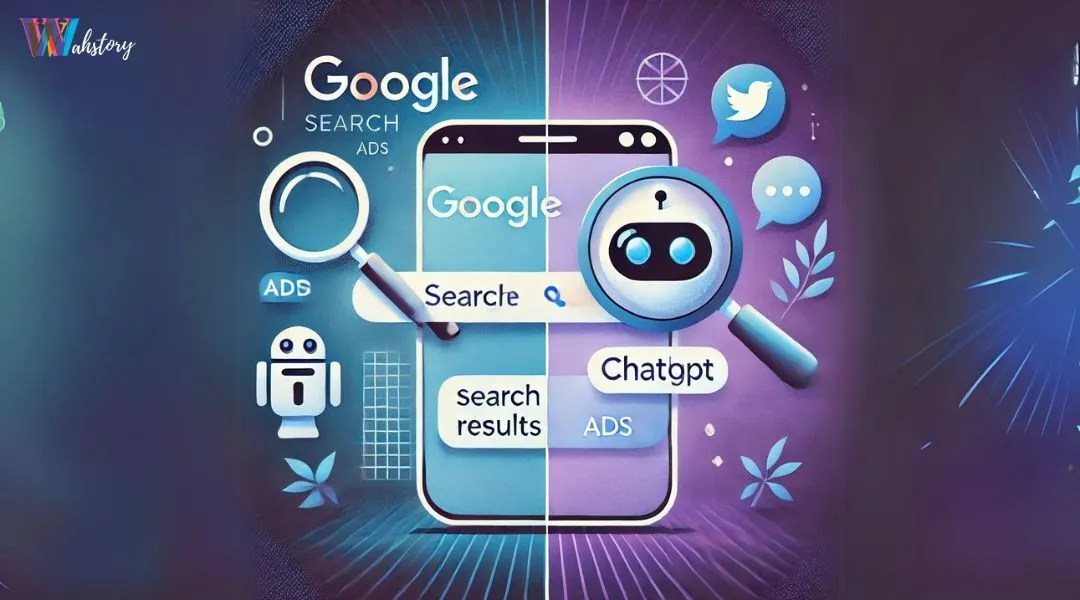OpenAI is going after Google. Since ChatGPT became available
to the public in 2022, the chatbot has consistently gained popularity, and with
the recent search iteration, it is challenging Google. ChatGPT can search the
web for you like other search bots and display results. While Google has
responded with Gemini and AI overviews in search, ChatGPT is still seen as
Google’s biggest competitor. We have compared the ChatGPT and Google Search
results with 100+ queries to determine which produces better results. In this
guide, we will share my experience and tell you how the new ChatGPT Search
compares to Google Search and whether it represents the future of search.
For years, Google has been the reigning champion of search
engines, synonymous with finding information online. But with advancements in
artificial intelligence, new contenders are emerging. One such challenger is
ChatGPT’s search capabilities. Having spent a week experimenting with ChatGPT’s
search and comparing it to Google, here are insights.
The
Approach: How Do They Work?
Google uses a traditional search engine model. It crawls the
web, indexes pages, and ranks them based on relevance using complex algorithms.
When you type a query, Google returns a list of links, often supplemented with
featured snippets, images, and videos. It’s designed for breadth, aiming to
give users multiple options.
ChatGPT, on the other hand, takes a conversational approach.
By using AI to synthesize responses, it generates direct answers to queries,
often bypassing the need for users to click through multiple links. While
Google excels at pointing you to resources, ChatGPT attempts to be the resource
itself.
Strengths
of ChatGPT Search
Direct Answers:
ChatGPT eliminates the “search-and-click” step. For instance,
when I asked, “What is the capital of Australia?” ChatGPT immediately responded
with “Canberra” without requiring me to scan through links.
Contextual Understanding:
ChatGPT shines with nuanced or conversational questions.
Queries like “Why is the sky blue?” or “What’s the best way to learn guitar?”
are met with thorough explanations rather than fragmented results.
Personalization Potential:
Over time, ChatGPT adapts to your preferences and can deliver
responses tailored to your interests, making it feel more like a digital
assistant than a search engine.
Creative Problem-Solving:
For brainstorming, creative writing, or generating ideas, ChatGPT is unmatched. When I needed help drafting a blog title, it provided multiple well-crafted options.
Also Read : 4 ChatGPT Prompts to Elevate Your Storytelling — And Your Leadership
Where
Google Still Rules
Depth of Information:
Google has an unparalleled index of web pages. When I
searched for niche topics like academic papers or specific product reviews,
Google provided a depth of resources that ChatGPT struggled to match.
Real-Time Updates:
ChatGPT, while improving, relies on static training data
supplemented by plugins or updates. For breaking news or live events, Google’s
constantly updated index was far superior.
Visual and Multimedia Content:
Google excels at providing images, videos, and interactive
elements like maps. For a query about “travel destinations in Japan,” Google
offered vivid visuals and video recommendations, while ChatGPT relied solely on
text.
Accuracy and Verification:
ChatGPT can occasionally provide incorrect or outdated
information. Google’s reliance on authoritative sources helps ensure more
reliable results.
ChatGPT and Google excel in different domains. ChatGPT is
perfect for direct answers, personalized responses, and creative tasks, while
Google remains the go-to for exhaustive research, real-time updates, and
multimedia content. Rather than being competitors, they serve complementary
purposes.
In the end, the choice depends on your needs. If you’re
seeking a quick, conversational answer, ChatGPT delivers. But if you require
in-depth resources or the latest updates, Google still reigns supreme. For now,
it’s less about which is better and more about how they can work together to
enhance our search experiences.

